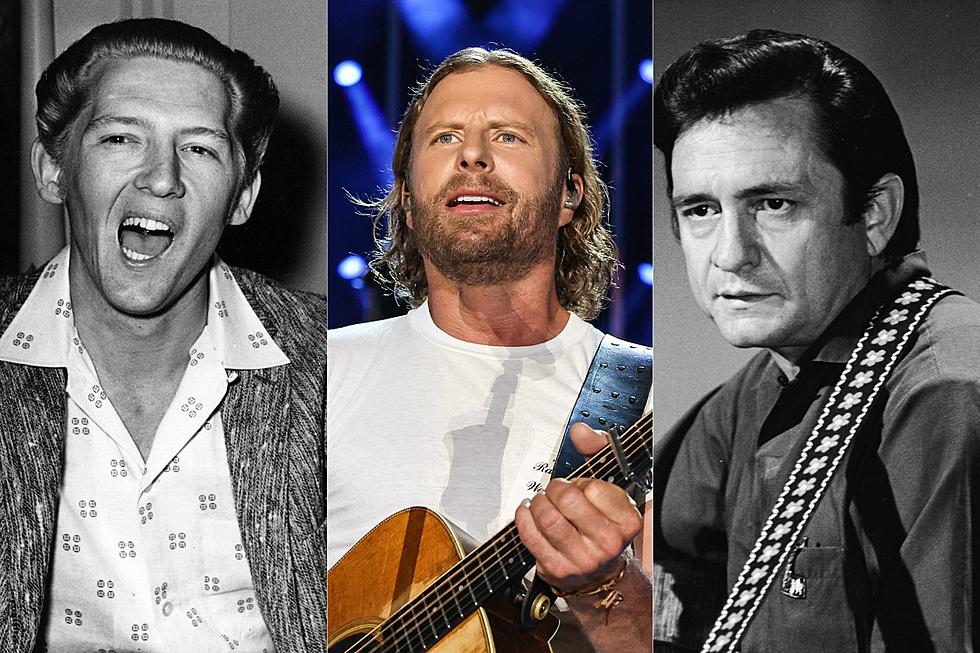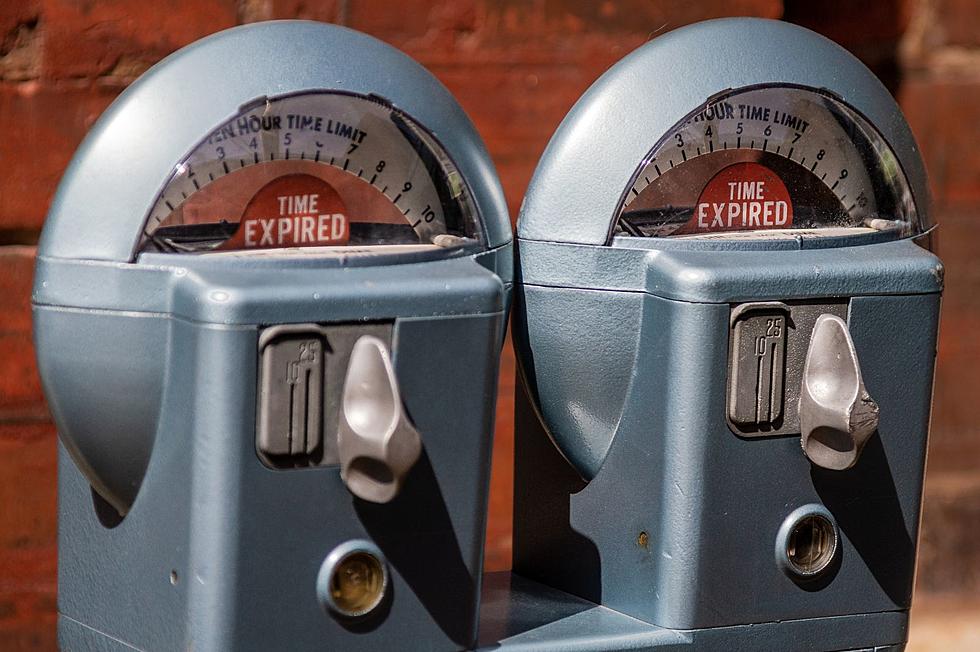
6 Stars Banned by the Grand Ole Opry (and Why They Got the Boot)
The Grand Ole Opry is arguably country music's most revered stage. When artists get their first invitation to come perform a show at the hallowed venue — and later, when they earn official membership — it's likely to be one of the most special moments in their career.
However, not every country star maintains an entirely rosy relationship with the Opry throughout their whole career. Over the decades, multiple performers have been asked to leave the stage for one reason or another, either for violating the venue's unspoken behavioral code of conduct, or for failing to live up to the official expectations for membership.
During an Opry-mounted tribute show at Nashville's Ryman Auditorium called Opry Goes Dolly — a celebration of Dolly Parton's 78th birthday in 2024 — performer Elle King generated outrage when she stepped onstage visibly drunk, told the audience she was "f--king hammered," entered into lightly-combative banter with concert-goers and forgot the words to Parton's "Marry Me."
The venue apologized to those offended by King's language, but on social media, many fans of the Opry insisted that an apology should come from King herself — and even that her behavior warranted a ban from the Grand Ole Opry stage.
There have been several instances of artist bans at the Opry over the years, but does King's behavior really warrant that extreme step? Well, if you look at some examples from early in the venue's history — all from 1973 or earlier — the short answer is that it certainly could.
Johnny Cash was banned from the Opry after an explosive 1973 show where he smashed stage lights with a microphone stand, and alcohol was a large factor in that incident. Perhaps the Opry's most famous banned artist, Hank Williams, got his membership axed because of his drunkenness and unreliability. And Jerry Lee Lewis was booted from the Opry stage for (among other offenses) dropping an F-Bomb live on air.
But crucially, there's only one example of a singer whose ban from the Opry was total and permanent — and it wasn't the venue's decision to keep his ban in place forever. So it seems likely that even if King's behavior warrants a leave of absence from the Opry stage, the incident won't have longterm effects on her ability to play the Grand Ole Opry.
Read on for a deep dive into the stars who've been banned from the Opry stage — and the behavior that got them ousted!
6 Stars Banned by the Grand Ole Opry (and Why They Got the Boot)
Gallery Credit: Carena Liptak
26 Country Stars You Won't Believe Aren't Grand Ole Opry Members
Gallery Credit: Billy Dukes





